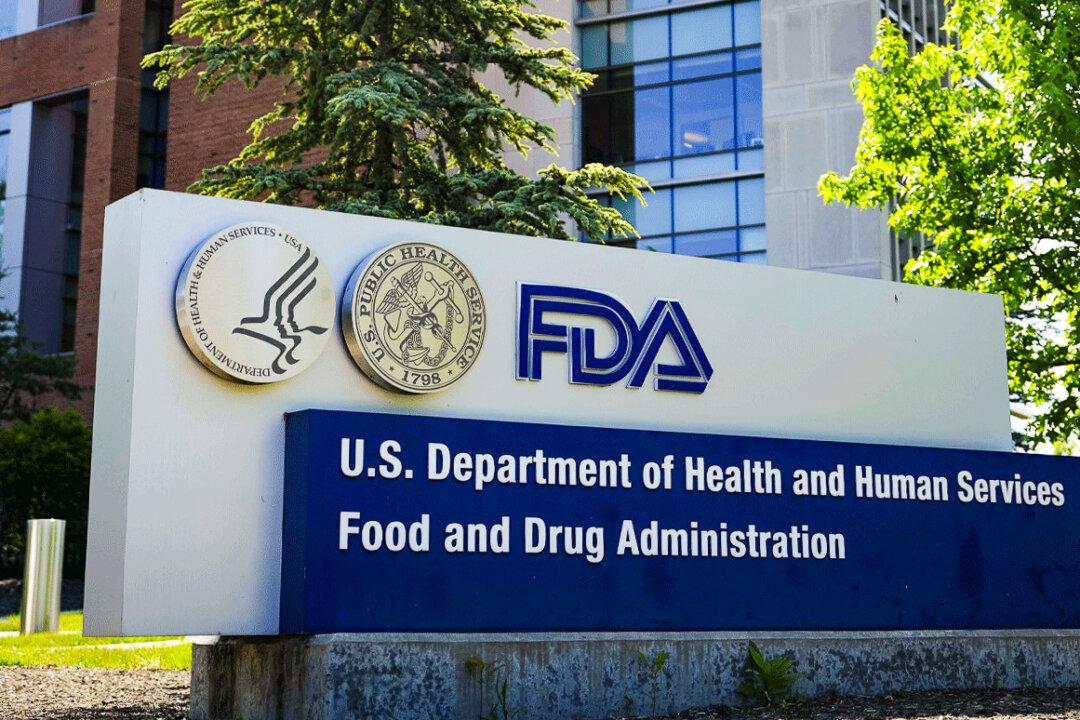Documents obtained under the Freedom of Information Act (FOIA) reveal how two federal employees involved in the mRNA COVID-19 vaccine approval sought employment with Moderna.
Drs. Doran Fink and Jaya Goswami: Two former U.S. Food and Drug Administration (FDA) staffers who oversaw the mRNA COVID-19 vaccines now work at Moderna.






